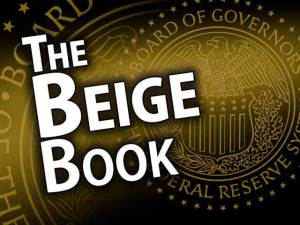Hints from the U.S. Federal Reserve this week that the quantitative easing (QE) taper is near pushed the Dow down 105 points Wednesday – but the idea of less Fed stimulus has caused much more turmoil in certain overseas markets.
The problem: A corresponding hike in U.S. debt yields has fueled higher borrowing costs around the globe. This has led to the flight of cheap capital out of emerging currencies and markets.
That triggered the following reactions:

